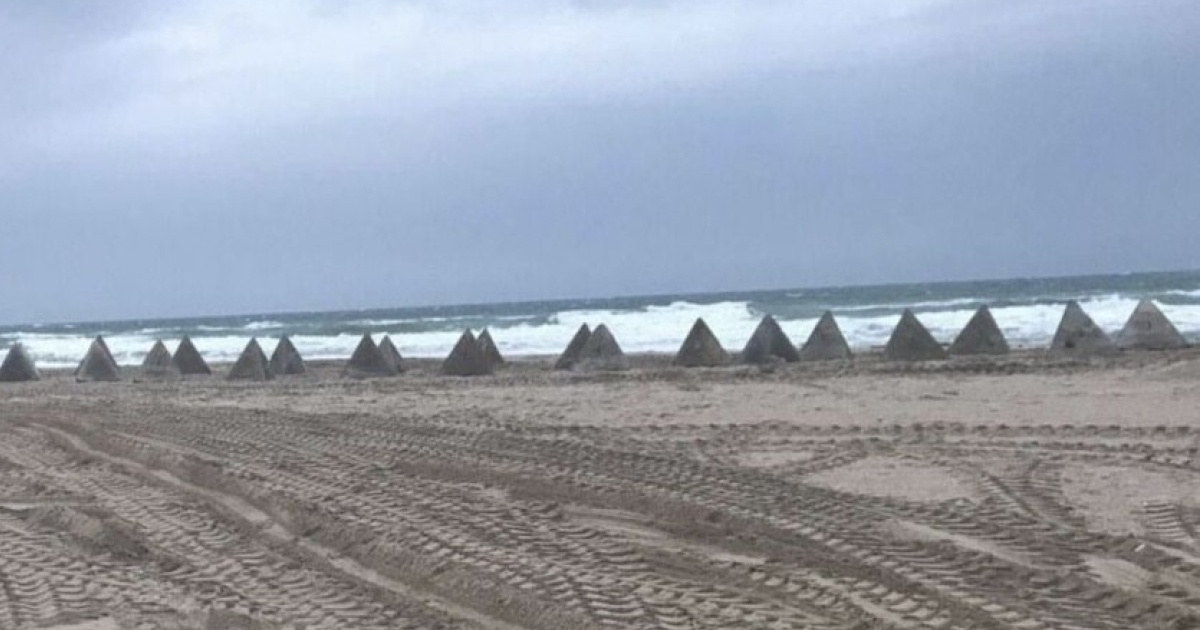"Crimeaisours" is not yours! Luhansk journal

Crimea remains almost the only possible and quite prestigious vacation spot for many residents of Luhansk. The logistics are complicated: how to get there, how long it takes, and by what means. Traveling via the Crimean bridge is lengthy and dangerous. Therefore, the optimal route is by land through the "DNR" and Chongar. What the russians fear is familiar us, because we are used to choose the lesser of two evils. You can be killed at home as well, but there's no sea at home.
Crimea has become empty. There are few people but many military personnel. For our people, it's just right, but for the russians, it's scary. Furthermore, flights are halted, and taking a train takes too long.
Crimea has been in turmoil for years, but what's noticeable is that despite the heightened fear, Crimea is being built up like never before. Abandoned buildings from the Soviet era, plots of land, and square meters are being bought up. Russians are actively investing in Crimea. The wealthier build closer to the sea with an eye on profit, while those with less money buy houses and summer cottages to live in during the summer and visit year-round. The trend of having a summer home in Crimea with the potential for income has returned. Looking at the scale of construction, you wouldn't say that Crimea has gone out of fashion. It's like investing in gold, which is always in vogue. This creates a certain duality: traveling to Crimea is dangerous, but buying land now is the right move.
A new feature is the dugouts on the beaches.
Soldiers with weapons patrol the shoreline. They live in their own reality – they get food delivered, stay vigilant, keep the beaches under control, and look out for spotters. This is shocking for the first few minutes, but then it becomes routine – the sea doesn't change because of what's on the shore. The sea is eternal. And people's desire to swim is eternal too, defying logic and everything else.
Many local eateries that were always around are disappearing. In their place, stores with air conditioning and more substantial-looking modules are popping up. It’s essentially the same, but with a more solid and expensive appearance. However, the habit of drinking wine, eating corn, and buying chebureks remains eternal.
Crimea is a marker of prosperity and attitude towards life for us, those from the "new regions". Russians, of course, have their own standards.
We go to Crimea to work, some to vacation. For the locals, it's a new reality, but they have no choice but to live with it. For russians, everything happening is a mess. In Crimea, you often start seeing disabled veterans with missing limbs and prosthetics. They walk around confidently with their families. We’ll have to get used to this too, to not look away. There’s a new benefit at museums – "special military operation" participants get discounts.
Russians differ from us in appearance. Residents of the "republics" go to Crimea to show off: freshly extended eyelashes and nails, pedicures, permanent makeup, tattoos, and most importantly, all the gold jewelry they own. And new clothes, bought specifically for the seaside. Everything to make an impression and prove their wealth and prestige.
You can spot our people by this ostentation immediately. They also behave with a sense of entitlement – trying new things, drinking, and demanding their due. Our people have long decided that they are owed for years to come – "because we have already suffered". They aren't shy about asserting their rights and expecting possible privileges. Russians save up to send their children to summer camps. But our people have gotten used to the idea that the seaside vacations and camps can be free over the past few years. Among the options offered, they choose the best: they believe "they deserve it all".
Conversations about how things are back home have become lackluster. This topic is avoided. Everyone is fed up with the war. But the soldiers, who are now everywhere in Crimea, do not let them forget it.
Olha Kucher, Luhansk, for OstroV
